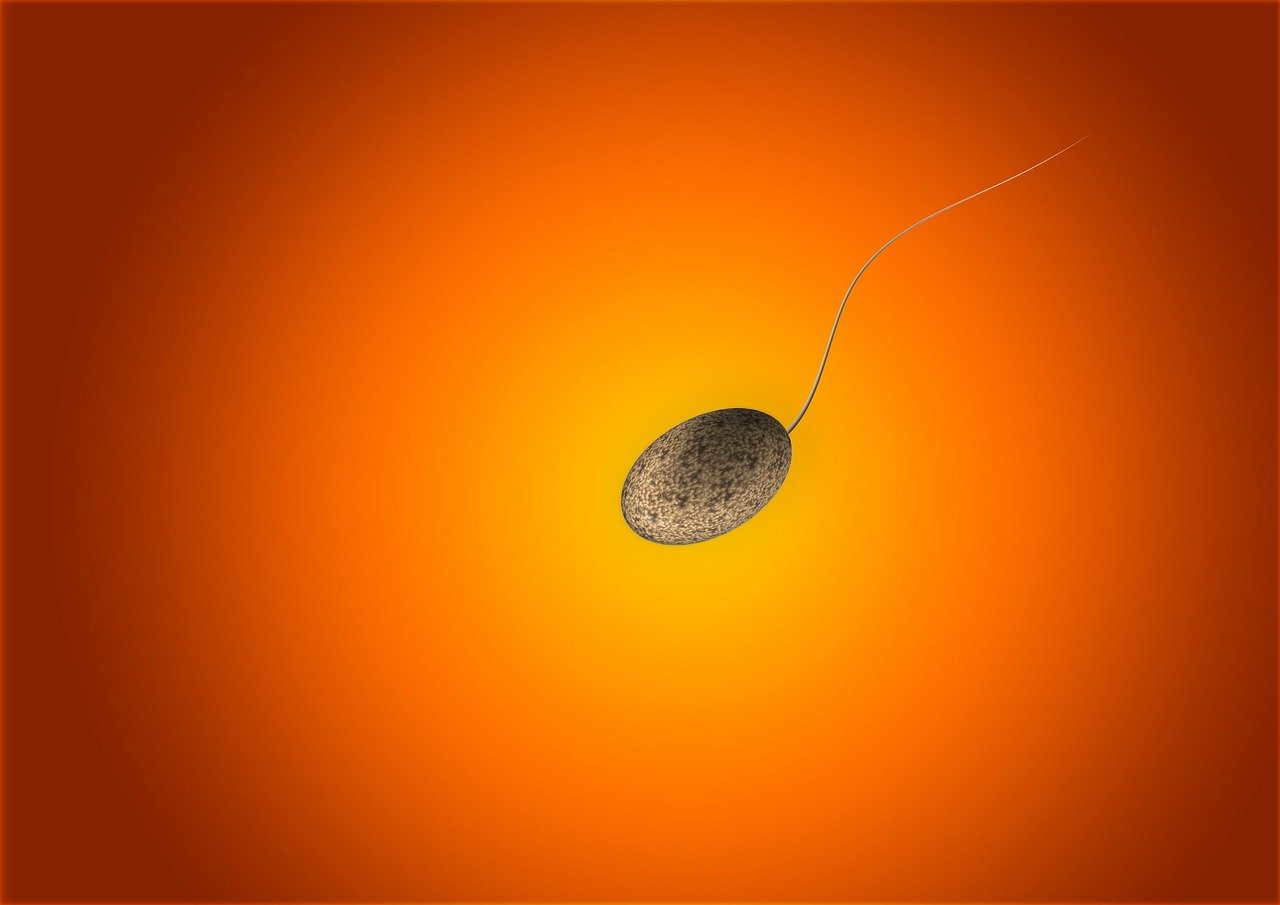What are the considerations for men who are contemplating freezing his sperm?
Background:
The reasons for freezing one’s sperm are varied. One of the main reasons is the need to receive chemotherapy and other potentially gonadotoxic drugs during cancer treatment.
Also, although not fully proven, there are some concerns that older men’s sperm may increase the risks of autism in their offsprings, although the risk is low. Therefore, there might be reasons for a young healthy man to store his sperm or just have children today, in order to prevent any potential risks of autism in his offspring later in life. It is worth repeating that this risk of autism in offspring in this manner is low. So, do not be too alarmed!
Generally speaking, storing/freezing sperm to be used later is not commonly recommended by physicians. This is because a man generally has some sperm through most part of his life. However, freezing or not freezing sperm is an individual’s choice.
While contemplating this procedure of storing sperm, some men have experienced information overload and are not sure where to turn to, in order to start their process in an efficient and productive manner.
Objective of writing this article:
The objective of writing this article is to simplify the thinking process and to avoid making mistakes that may be costly, or be not costly but negatively consequential.
The 2 main factors to consider in order to help ensure success in men’s sperm freezing process:
Factor 1:
The extraction and initial freezing process:
Choose a facility that has the ability to safely extract your sperm and freeze it correctly upon collection.
To illustrate further, one may produce the sperm through natural ejaculation. In the case of a past vasectomy, an experienced urologist/surgeon will need to extract the sperm surgically while the man is put under anesthesia.
Factor 2:
The liquid nitrogen maintenance abilities of the facility
Choose a facility that has the ability to safely maintain your sperm for the next 1, 2, 5, 10, 20 years or potentially forever.
To illustrate further, 1 year or 10 years is a long time. Many things can happen. Staff members may change; facilities open, close or move; natural disasters can happen; other things can happen. You would want a facility that have the operating procedures that can safely protect and maintain your sperm and, quite frankly, any biospecimens that you care about.
Liquid nitrogen containers are different from refrigerators/deep freezers. We have heard that some men thought that they could put their sperm in a deep freezer in their basements. The issue is that the temperature in a deep freezer is usually at -18-degree C. However, the required temperature to preserve your sperm is at -196 degrees C. That is an almost 180-degree Celsius difference.
Maintaining a liquid nitrogen tank requires dedicated and qualified personnel to be able to perform their functions day and night, in normal and abnormal conditions.
Summary:
There are 2 factors that should be taken into consideration in choosing a facility: 1) whether a facility and its related personnel can safely extract and freeze your sperm successfully from the very beginning; 2) whether a facility can store and maintain your sperm until the day that you want to use it to make a baby, and that day could tomorrow, 1 year from now, 20 years from now or more.
It would be devastating if your sperm is not usable for whatever reason, when the day finally comes that you want to start a family.
However, if that were to be the case, it is still OK. The reason is because there is a strong likelihood that you still have some sperm. Additionally, one could always consider the option of adoption or acquire a sperm from a credible sperm bank. Those are also both great options.
References:
Sperm Retrieval Procedures | Johns Hopkins Medicine
Fertility preservation: Understand your options before cancer treatment – Mayo Clinic
Disclaimer:
This article does not constitute medical advice. Please consult your doctor for your specific situation. Lifestyle choices are individuals’ choices.
It is written by Eggschain editors, and is medically reviewed by Hugh Taylor, MD, the Anita O’Keeffe Young Professor and Chair, Department of Obstetrics Gynecology and Reproductive Sciences at Yale School of Medicine and Chief of Obstetrics and Gynecology at Yale-New Haven Hospital. He is also Professor of Molecular, Cellular and Developmental biology at Yale University.






